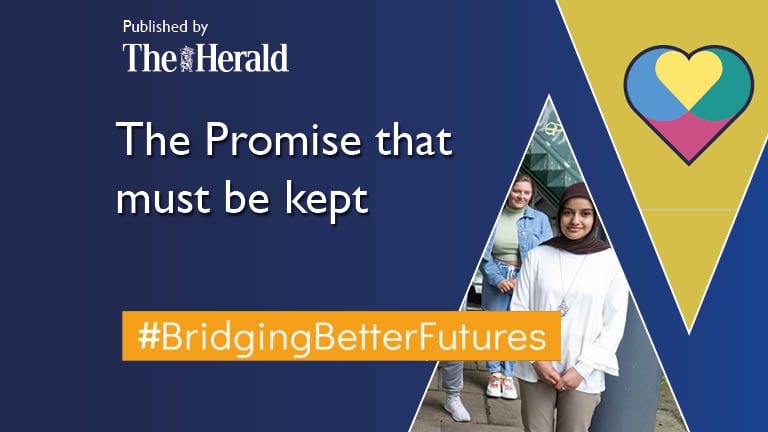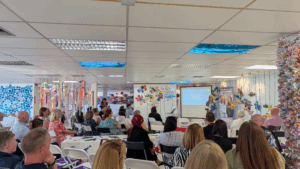
The Promise that must be kept
Dr. Iain MacRitchie
Do we trust politicians to keep their promises and deliver on what they know must be done? Can we change when the need and evidence is overwhelming? The answer from the past points to no, unless there is a crisis. We have one now in health and wellbeing, and in significant economic and social damage.
Before we start the COVID recovery in earnest, let’s remind ourselves of what not to do.
We should avoid repeating the cycle of Reviews, Commissions and the inevitable point scoring on who is to blame. The past cannot be changed. Even when we find out what needs to be done, it does not mean anything will be. We can do better than this.
We have just passed a 10-year anniversary of the Christie Commission and the universal acceptance of what was required for public service reform. All against the backdrop of rising demand and budget cuts. Sounds familiar. Christie recommended that focus and budgets should be invested in prevention, empowering communities and stopping families being pulled into multiple complex services to the cost of their wellbeing, as well as taxpayers. Everyone agreed, but the reality is little has been done. Delivering meaningful results inevitably takes time, patience and positive persuasion. A dedication to lasting change is vulnerable to the media fixation with new initiatives. Social media impacts not just young people’s attention spans but corporates and Governments too.
However, we now have a fantastic opportunity to deliver for our young people who suffer the greatest disadvantages through absolutely no fault of their own. It makes complete sense both socially and economically. These are 2 sides of the same coin.
Scotland had a Care System Review and like Christie made many insightful and critical recommendations. Uniquely, it then set out a change process, ‘The Promise’, on how to deliver the recommendations. There is a now a process to bridge any chasm between a plan or aspiration and the reality. I’ve worked in corporate transformations throughout the world and know there must be three critical parts to any change. Firstly, the plan and aspiration but then the reality check in detail of where we are and importantly the collective steps that must be taken by all parties. The human dynamic and fuel for progress is found in three words in a collective ‘motivation’ to right the wrong but then the ‘commitment’ to put the time in and ‘resilience’ to keep at it when all goes wrong, and the politics takes over.
Individuals make change happen, not systems. Systems need consistency and resist change by default. They build dense infrastructure which entrenches the status quo. The Promise sets out how we can individually, collectively, and institutionally ensure young people in or on the edges of the care system grow up feeling loved, safe and respected. Just what we want for our own children. They haven’t done anything wrong and believe me have the same potential and talent.
As founder of MCR Pathways I can share thousands of inspiring stories of young people who were once destined to a lifetime suppressed or traumatised by their circumstances but are now realising their potential. The failings were despite the best endeavours of those working in the care system. It is the system that needs to change. Take another example with Glasgow Life and The Herald’s campaign to reform the way it is funded. Across 171 locations, the charity provides critical services to all of Glasgow communities in its libraries, museums, galleries, concert halls, community centres and sports facilities. All deemed essential to the social, economic, health and wellbeing of the city. The demand is increasing whilst the system cuts the budgets.
So, for any change, it’s about each of us making it happen in our own way. A personal choice not rhetoric and debating arenas for grandstanding politics. Taking care of those that need our help and support is priority.
What has this got to with business? Simple.





